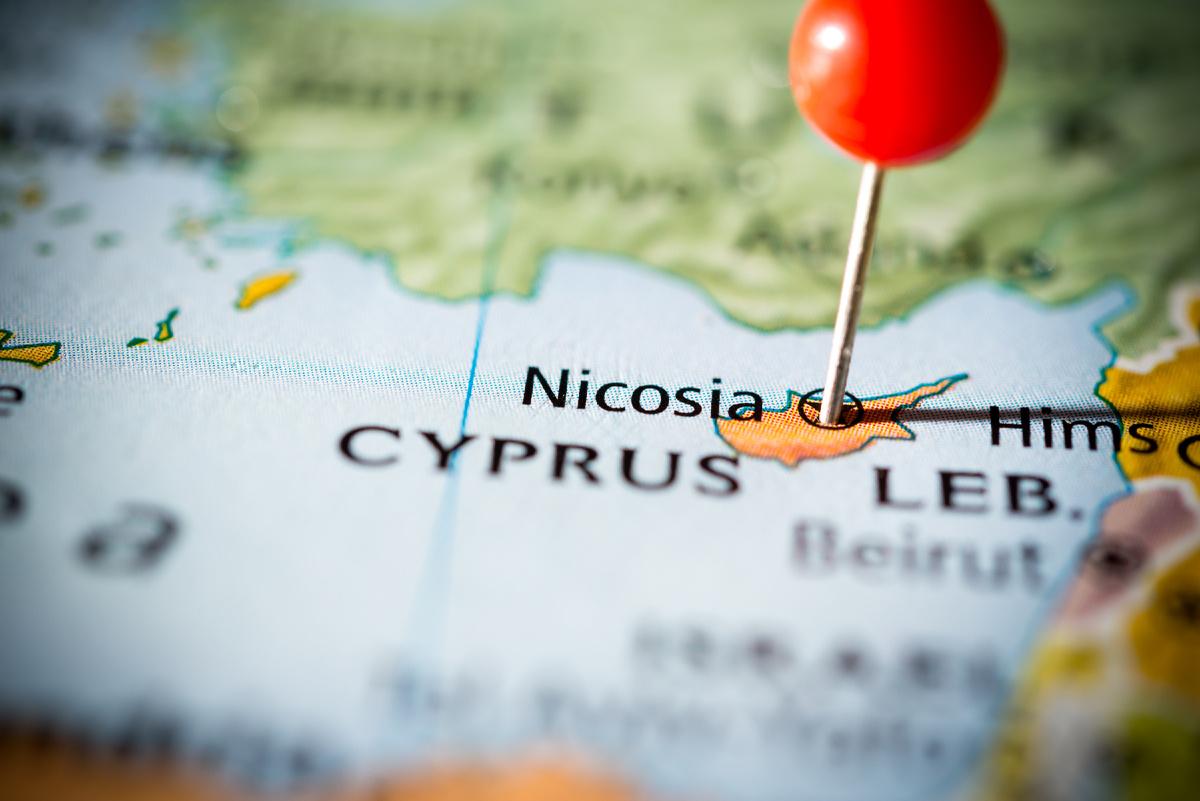Real estate experts in Cyprus are closely monitoring developments in the Middle East.
They believe that if the conflict drags on, investment flows from Israel to the island could decline, which would have a significant impact on the local housing market.
In recent years, Israeli interest in real estate in Cyprus has grown significantly. Many Israeli citizens view Cyprus as a safe and stable alternative, convenient for both temporary residence and long-term investment. For many of them, Cyprus has become a “second home.”
According to real estate agents, since the start of the new round of tensions, Israelis have been actively contacting their brokers, expressing concern and impatience about the resumption of air service. Many of them say outright: “We want to go home,” meaning Cyprus. At the moment, the market is in a pause: participants are taking a wait-and-see approach, trying to assess the potential consequences of the current conflict. Despite the temporary lull, experts are not seeing a decline in Israeli interest in Cypriot real estate. On the contrary, they expect that with the reopening of airports, the island will once again become one of the key destinations for Israeli investors.
According to local brokers, Israelis who have already invested in real estate are regularly in touch, inquiring about the situation and the timing of the reopening of the borders.
It is predicted that if the situation normalizes, Cyprus may face a new influx of Israeli buyers, similar to what happened two years ago after the start of the previous conflict. At the same time, experts are cautiously optimistic, warning that if the conflict escalates, mobilization in Israel is possible, which would limit the ability of citizens to leave the country and, accordingly, their activity in the real estate market abroad. Analysts note that the interest of Israelis, like other foreign investors, is influencing price growth, but the market itself is regulated by internal supply and demand. As experts point out, a similar effect was observed earlier with the arrival of British, then Russian, and Ukrainian buyers. Today, it is Israelis who are the logical next stage in the development of an open and international market.
In Larnaca, for example, housing prices have risen by an average of 10-17% over the past two years, depending on location. A two-bedroom apartment in the suburbs is now valued at around €195,000, whereas two years ago it cost around €180,000. As for domestic demand, especially from young families, it is shifting towards more affordable housing, mainly apartments. Prices for private houses are becoming less affordable for the local population, especially in popular areas.
In Paphos, experts note similar trends: the average price of a two-bedroom apartment is around €230,000, while small houses in areas such as Mandria and Tremitousa start at €370,000. Cypriots are often unwilling to buy homes outside the city limits, even despite more attractive prices. According to estimates by the professional community, including the Association of Real Estate Agents, the Cypriot market is currently experiencing a period of uncertainty due to foreign policy risks. Despite this, interest in real estate remains consistently high, especially among foreign investors, including those from Israel. Prices have generally stabilized, showing a slight decline of 3-5% compared to last year. One of the factors holding back growth in supply remains problems with licensing new projects, which creates an artificial shortage and keeps prices high. Experts are confident that as soon as the situation in the Middle East normalizes, Israeli investor activity in Cyprus will pick up again. Given its geographical proximity, level of security, and quality of life, Cyprus will continue to be an attractive destination for real estate investment by Israeli citizens.

